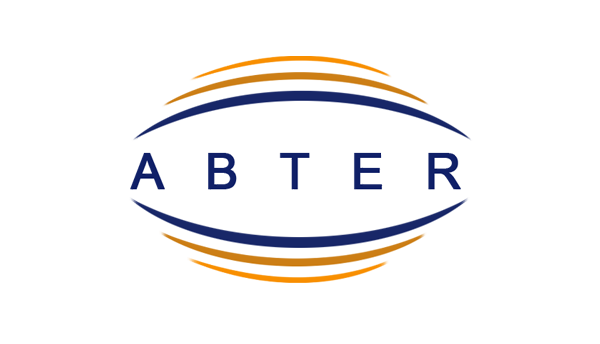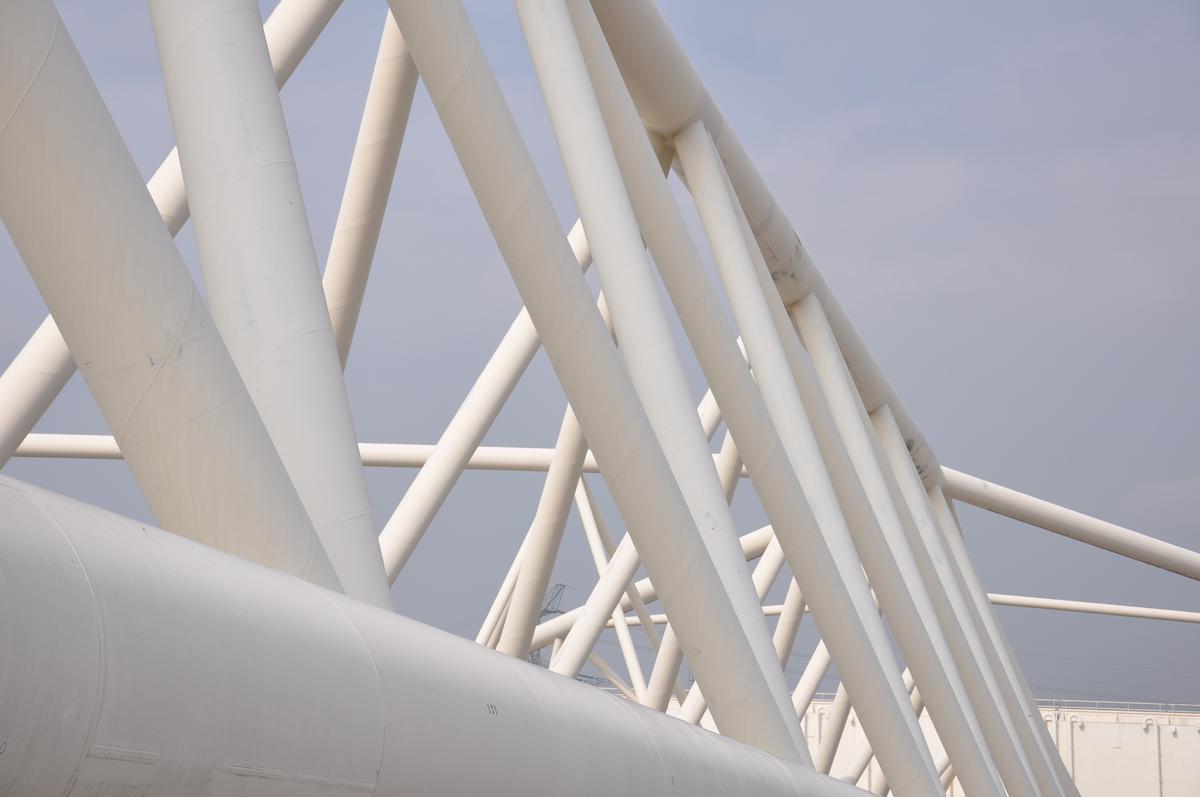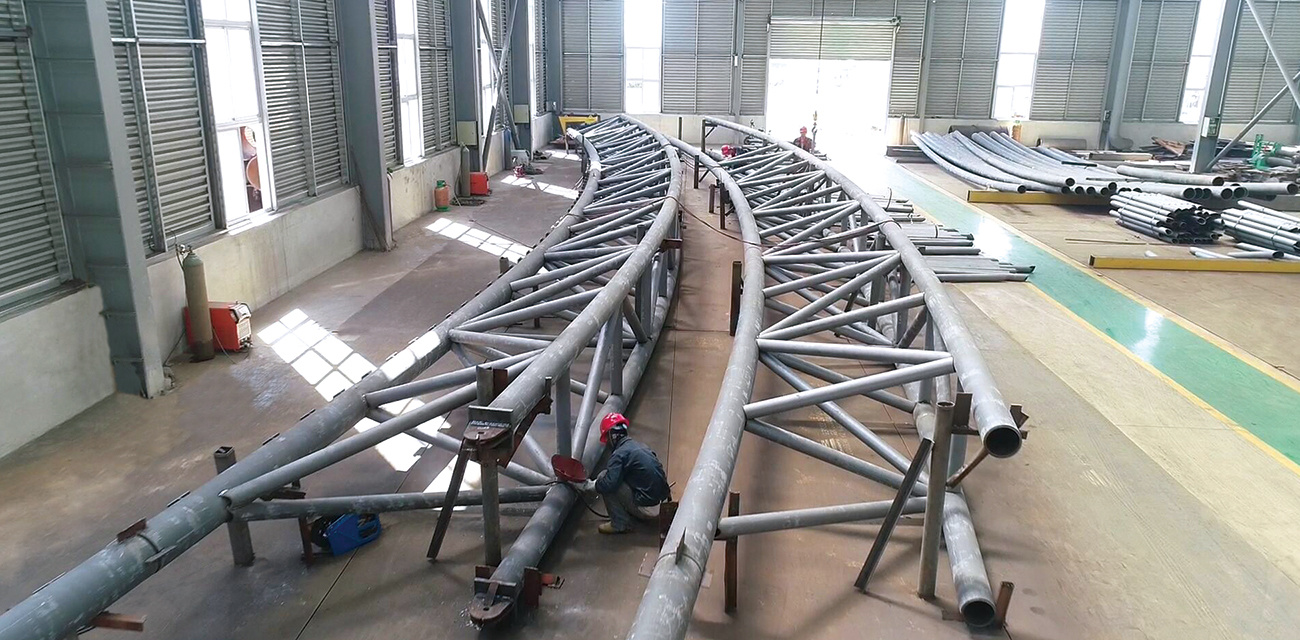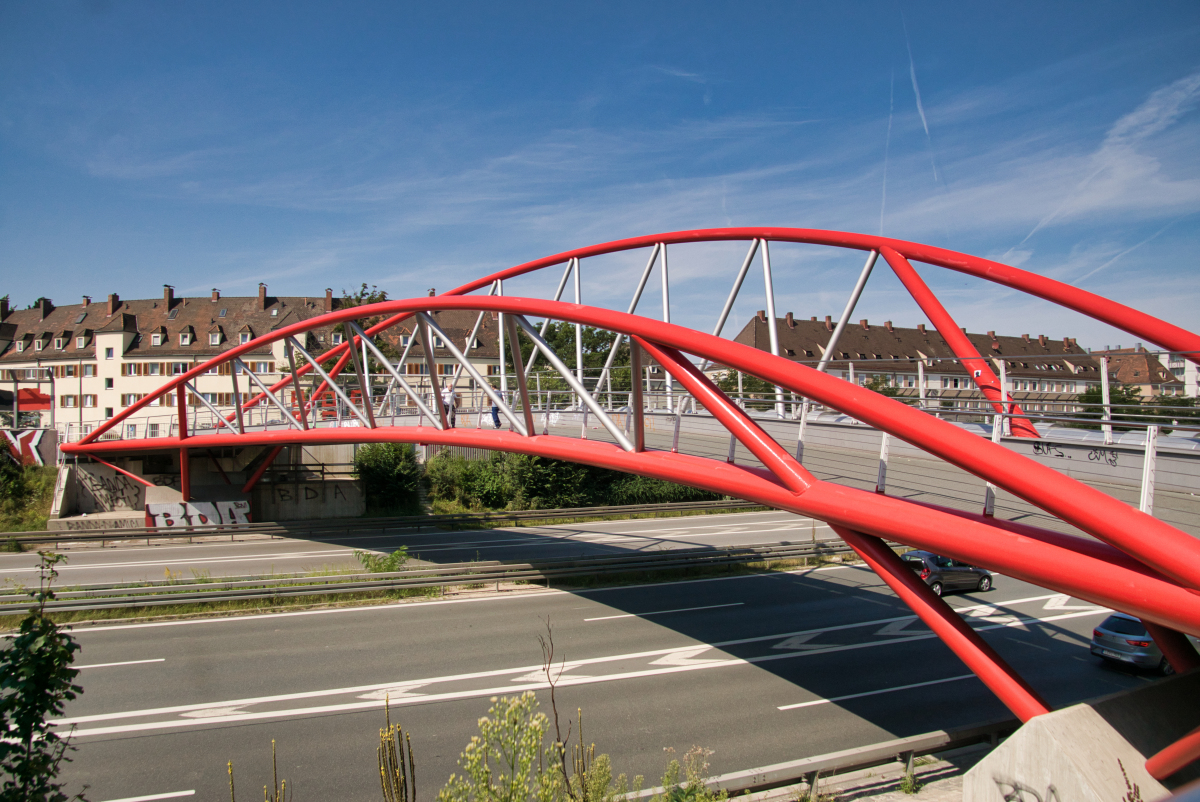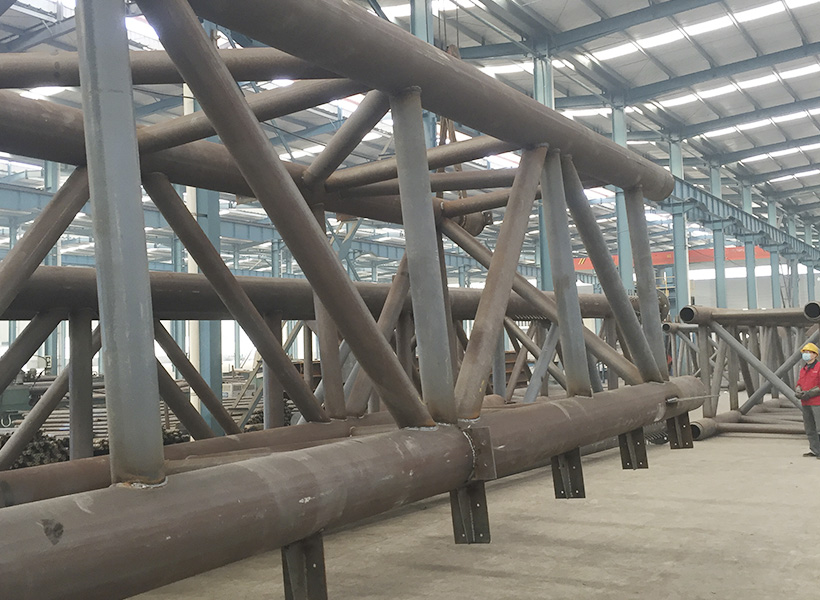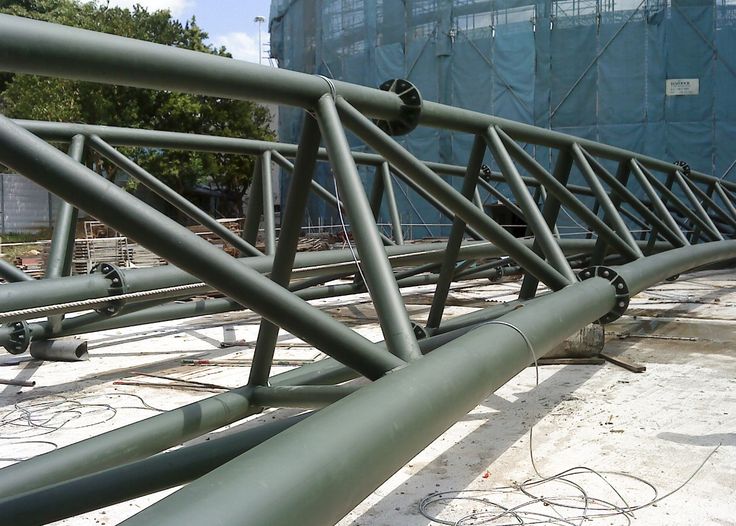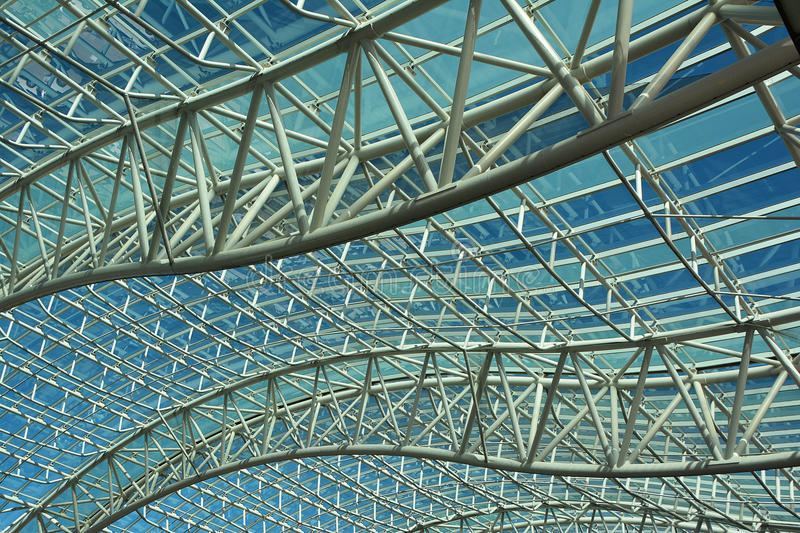These Aluminum Bolt Square Truss are always used as background frame and for light lighting .Connect each truss with pin part and easy to set up .Length or thickness can be customized according to customer’s requirement.
| Truss Material | Aluminum alloy 6082-T6 |
| Light duty truss | 200*200mm 220*220mm |
| Medium duty truss | 290*290mm 300*300mm 350*350mm 400*400mm 450*450mm 400*600mm |
| Heavy duty truss | 520*760mm 600*760mm 600*1100mm |
| Main tube thickness | Ø30*2mm Ø50*3mm Ø50*4mm |
| Vice tube thickness | Ø20*2mm Ø25*2mm Ø30*2mm |
| Brace tube thickness | Ø20*2mm Ø25*2mm Ø30*2mm |
| Truss length | 0.5m / 1m / 1.5m / 2m / 3m / 4m or customized |
| Truss type | Spigot or Bolt |
| Truss shape | Ladder , Triangular, Square, Rectangle,Arc, Circle,irregular shapes |
| Optional color | Silver / Black / Blue or customized |
| Application | Booth, fashion show, catwalk, wedding, new product release, concert, ceremony, party, etc. |
| Delivery time | 5-15 days |
| 300mm x 300mm Spigot Truss Load Table | |||||||||
| Span (M) |
2M | 3M | 4M | 5M | 6M | 8M | 10M | 12M | 14M |
| Center Point Load (KGS) | 890 | 780 | 680 | 600 | 470 | 390 | 290 | 210 | 160 |
| Deflection (MM) | 5 | 8 | 13 | 13 | 16 | 29 | 45 | 62 | 88 |
| DistributeLoad (KGS) | 1630 | 1530 | 1430 | 1330 | 1230 | 930 | 730 | 630 | 530 |
| Deflection (MM) | 4 | 12 | 23 | 36 | 48 | 75 | 97 | 138 | 165 |
| 400mm x 400mm Spigot Truss Load Table | |||||||||
| Span (M) |
4M | 5M | 6M | 8M | 10M | 12M | 14M | 16M | 18M |
| Center Point Load (KGS) | 770 | 720 | 670 | 570 | 470 | 390 | 310 | 250 | 200 |
| Deflection (MM) | 3 | 5 | 6 | 7 | 9 | 14 | 29 | 41 | 58 |
| DistributeLoad (KGS) | 1830 | 1730 | 1630 | 1430 | 1130 | 930 | 830 | 630 | 430 |
| Deflection (MM) | 11 | 18 | 23 | 33 | 43 | 53 | 73 | 84 | 92 |
Steel used for roof trusses typically falls under the category of structural steel. Structural steel is known for its strength, ductility, and ability to withstand various loads, making it well-suited for roof truss applications. Some common types of steel used for roof trusses include:
- Mild steel: Mild steel, also known as low-carbon steel, is the most commonly used type of steel for roof trusses. It has a relatively low carbon content (usually below 0.25%), which gives it excellent weldability, formability, and ease of fabrication. Common grades of mild steel used for roof trusses include ASTM A36, S235, S275, and S355.
- High-strength steel: High-strength steel is a type of steel with a higher yield and tensile strength compared to mild steel. This allows for the use of lighter and smaller members in roof trusses, reducing the overall weight and cost of the structure. High-strength steel is often used in larger or more complex roof truss designs where additional strength is required. Common high-strength steel grades used for roof trusses include ASTM A572 and ASTM A992.
- Cold-formed steel: Cold-formed steel, also known as light gauge steel, is a type of steel that is formed by rolling or pressing thin sheets of steel at room temperature. Cold-formed steel is used for roof trusses in residential and light commercial construction due to its light weight, ease of fabrication, and ability to span long distances. Common material standards for cold-formed steel used in roof trusses include ASTM A653 for galvanized steel and ASTM A1003 for cold-formed steel framing members.
The choice of steel type for roof trusses depends on factors such as the size and complexity of the truss, the load requirements, local building codes, and the desired balance between strength, weight, and cost. It is essential to consult with a structural engineer or a knowledgeable professional when selecting the appropriate steel type and design for your specific roof truss application.
What is the best material for roof trusses?
There isn’t a one-size-fits-all answer to the best material for roof trusses, as the ideal choice depends on various factors, such as the building’s purpose, architectural style, local climate, budget, and code requirements. However, some commonly used materials for roof trusses include:
- Wood: Wood is a traditional and widely used material for roof trusses, especially in residential construction. It is lightweight, easy to work with, and relatively cost-effective. The most common types of wood used for trusses are softwoods like pine, spruce, and fir. Engineered wood products, such as laminated veneer lumber (LVL) and parallel strand lumber (PSL), can be used for larger spans and higher load-carrying capacities.
- Steel: Steel trusses are an increasingly popular choice for both residential and commercial construction due to their strength, durability, and design flexibility. Steel trusses can span longer distances than wood, with less material and fewer supporting columns required. They are also resistant to termites, rot, and fire. Mild steel, high-strength steel, and cold-formed steel are common types of steel used for roof trusses.
- Aluminum: Aluminum is a lightweight, corrosion-resistant, and low-maintenance material that is sometimes used for roof trusses, particularly in specialized applications like greenhouses, solar panel support structures, or temporary structures. Aluminum trusses are more expensive than wood or steel, but their unique properties make them suitable for specific situations.
- Glulam: Glulam (glued laminated timber) is an engineered wood product made by bonding layers of wood together with strong adhesives. It offers increased strength, stability, and design flexibility compared to traditional solid-sawn lumber. Glulam trusses can be used in residential, commercial, and industrial applications where the appearance of wood is desired, along with the ability to span long distances and carry heavy loads.
The best material for roof trusses depends on the specific needs of your project, including factors like the building type, design, budget, and local building codes. It’s essential to consult with an architect, structural engineer, or knowledgeable professional when selecting the appropriate material for your roof trusses.
